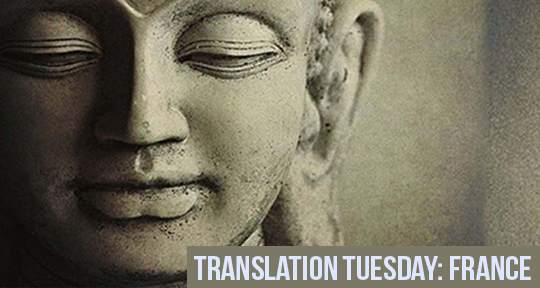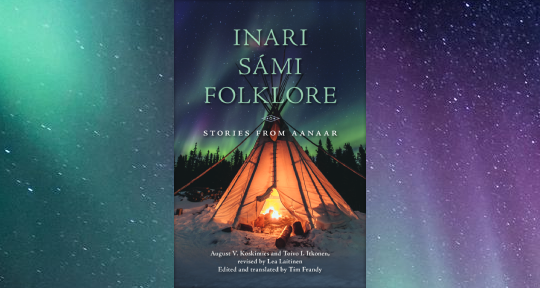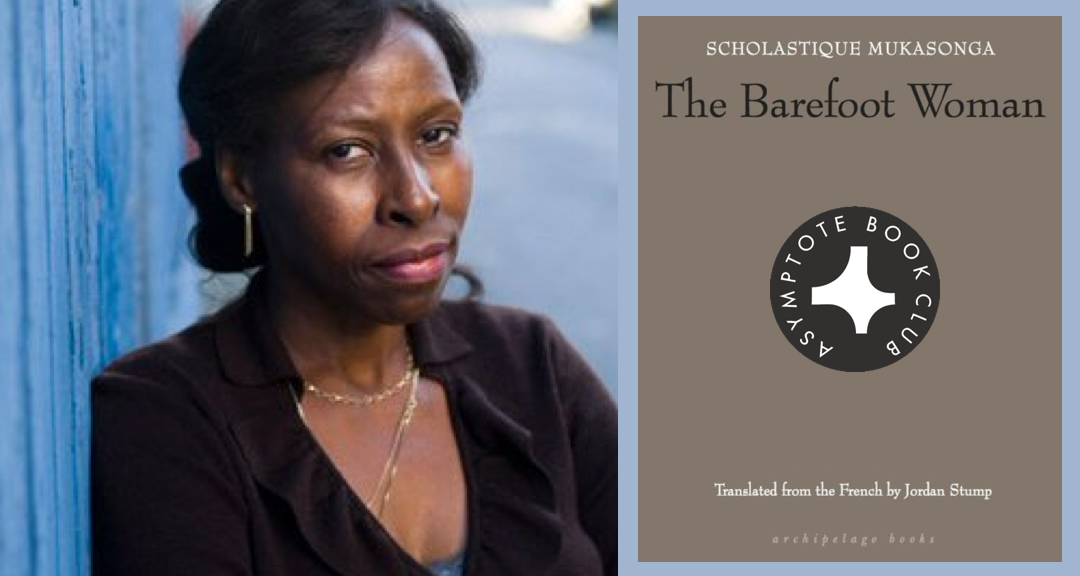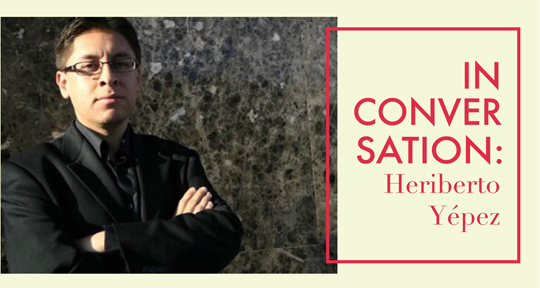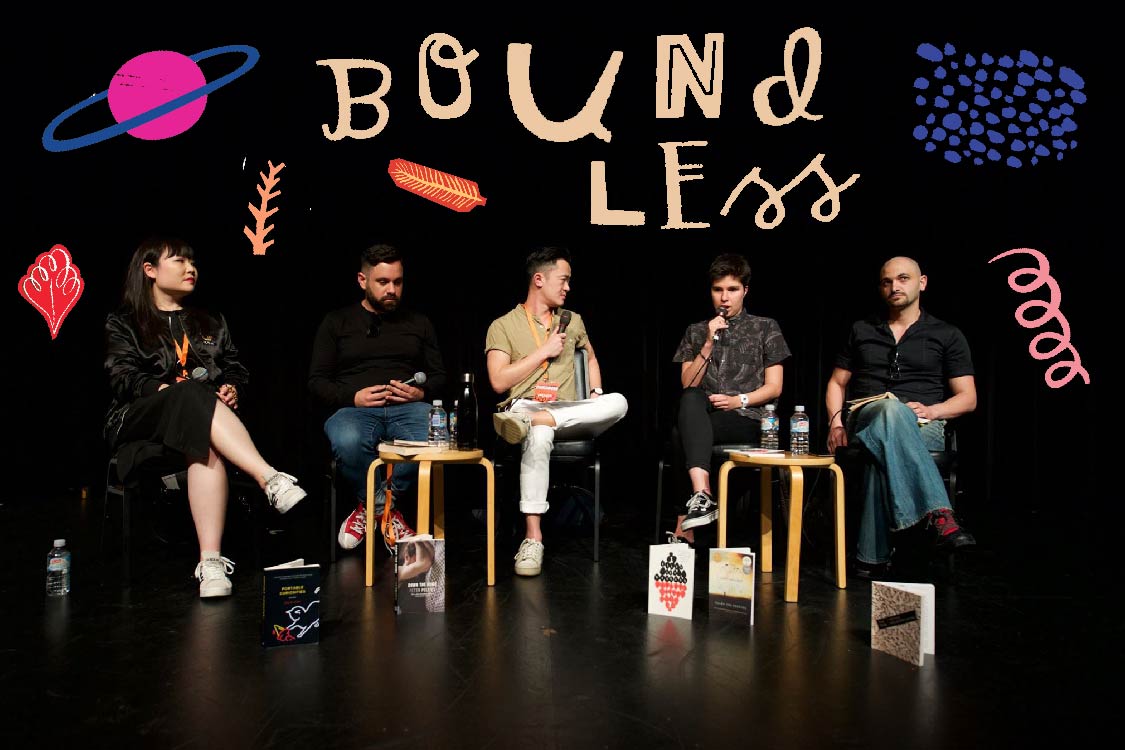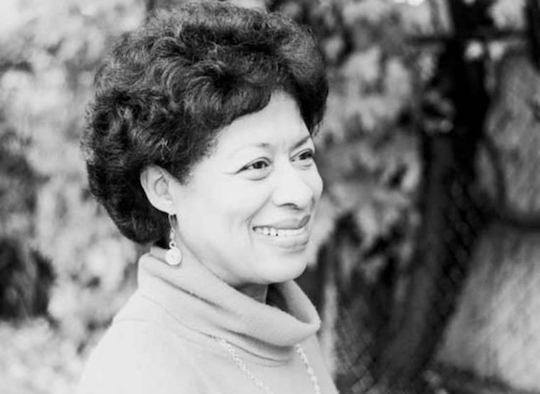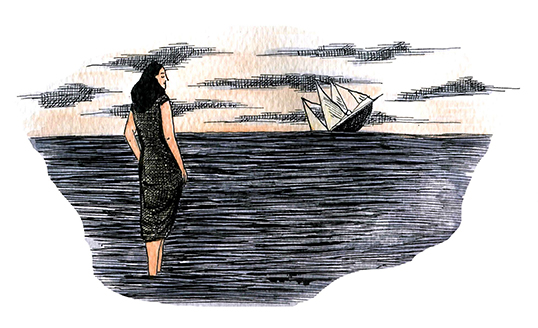This week’s Translation Tuesday presents a chilling and challenging poem by Jules Boissière, translated from the Occitan. At turns uncomfortable to read yet undeniably skilful in its imagery and structure, the poem’s deft enjambment and linguistic precision belies the speaker’s cultural ignorance (e.g., the suggestion that the Buddha is revered as a god) and his complicity in colonial terror. It’s admittedly difficult to make sense of the colonizer’s mindset, which at once mourns a seemingly indifferent universe while confirming the wolfish volition of his compatriot soldiers.
Also noteworthy is the poet’s insistence on writing in Occitan rather than French. Writes translator A.Z. Foreman: “It is only in Occitan that Boissière allows himself to be honest about life as a colonial soldier. This poem gives a soldiers’-eye view of terrorized civilians running for their lives from a home in flames, followed by a macabre meditation. We are more accustomed to poetry that describes the effect of brutality on those who suffer from it. This poem, though, conveys the effect on a man who inflicts it. The coarsening of the mind, brought on by acceptance of the horrific.”
The Buddha
Our soldiers won, then torched a domicile.
The owner with his sons ran half a mile
Under gunfire. On the ancestors’ altar
Not guarding the old creeds or their old shelter,
The Buddha gave our wolfish men a smile. READ MORE…

